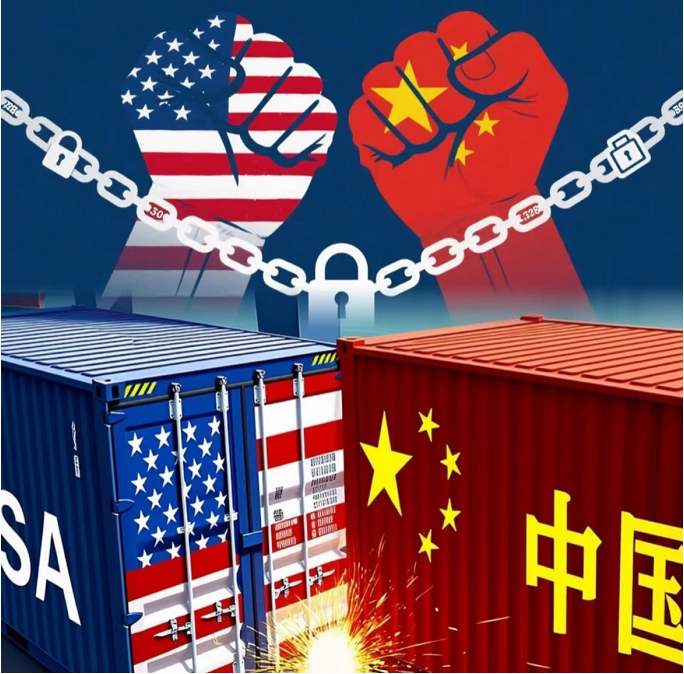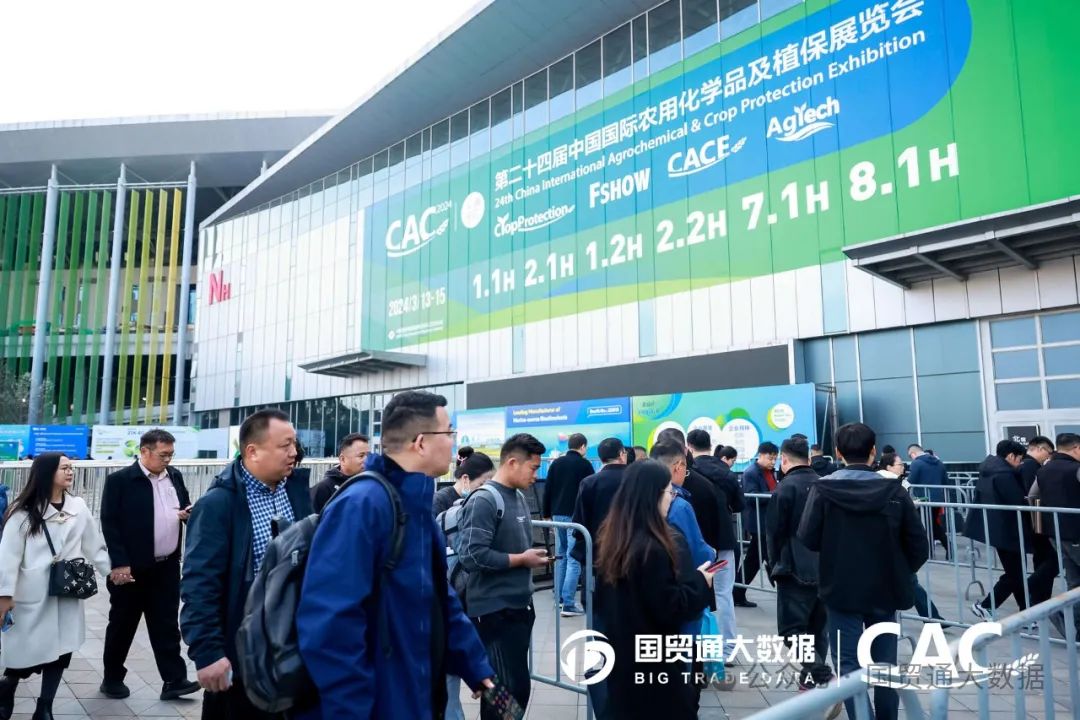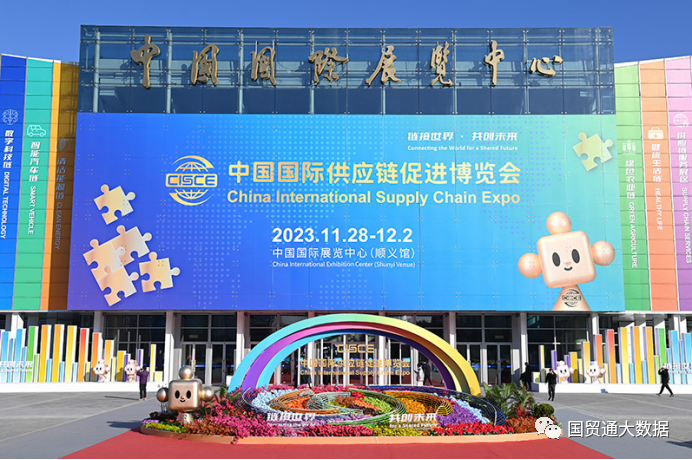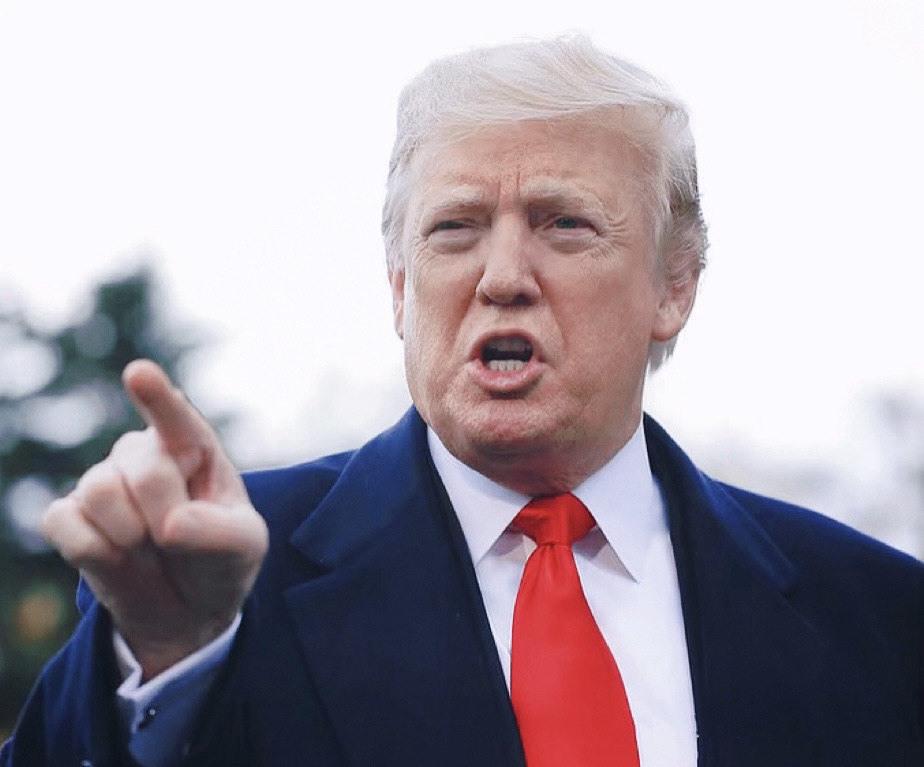
"The Boomerang Effect of Protectionism: The Escalating Crisis of U.S. Economic 'Islandization'"
“This unilateralist trade experiment, carried out under the banner of "America First," is devolving into an economic quagmire that "harms both itself and the world."”
This unilateralist trade experiment, carried out under the banner of "America First," is devolving into an economic quagmire that "harms both itself and the world." A recent in-depth investigative report by Bloomberg, citing analyses from multiple Nobel Prize-winning economists, points out that the current tariff policies implemented by the U.S. government have fallen into a vicious cycle.
The latest statistics from authoritative institutions reveal that the growth rate of private-sector fixed asset investment in the U.S. during the second quarter of 2025 was a mere 0.1%, marking a decade-low. Several prominent economists have jointly warned that this figure has already touched the "recession warning threshold." Should the upcoming gross domestic product (GDP) data continue to weaken, it could trigger severe turbulence in capital markets.
According to the latest modeling analysis by the International Monetary Fund (IMF), if the current tariff policies persist until 2028, global economic losses could exceed $2.5 trillion. And the first to bear the brunt? The U.S. domestic economy itself.
Macroeconomic research experts highlight that the current U.S. trade policy is creating a triple crisis:
1.Policy uncertainty has paralyzed corporate capital expenditure decisions.
2.Supply chain restructuring pressures are stifling labor market recovery.
3.Widespread price hikes on imported goods are exacerbating inflationary pressures.
Data shows that the U.S. Manufacturing Purchasing Managers' Index (PMI) has remained below the expansion-contraction threshold for three consecutive months.
The corporate-level repercussions are even more alarming. According to the Wall Street Journal’s latest earnings analysis:
*Ford Motor Company reported a quarterly loss of $980 million due to rising tariff costs.
*Tesla’s Shanghai factory saw its export profit margins plummet by 40%.
*Semiconductor giant Intel was forced to delay the launch of its Arizona plant.More than a third of S&P 500 companies have already downgraded their annual profit forecasts.
While the White House claims to have secured $15.7 trillion in commitments for industrial reshoring, a recent audit by the Brookings Institution reveals that less than 5% of these pledges have materialized. For example, the $680 billion infrastructure fund under the U.S.-EU trade framework agreement still lacks implementation details, with full funding expected to take at least 5-7 years.
The fallout of this economic isolationism is spreading globally:
*Japan Automobile Manufacturers Association data shows a 28% year-on-year plunge in vehicle exports to the U.S., with over 12,000 job losses in related supply chains.
*Statistics Canada reports core CPI surging 5.7% year-on-year, the highest since 1983.
*Vietnam Chamber of Commerce and Industry reveals that more than 200 contract manufacturers faced chaotic "order freezes followed by urgent demands" from U.S. partners.
The director of MIT’s Trade Policy Lab observes:
"This has transcended economic policy, morphing into a dogmatic obsession. Policymakers are attempting to use tariffs as a cure-all—from industrial hollowing-out to the opioid crisis. This cognitive dissonance is exacting a heavy price."
The real-world impact extends far beyond consumer prices. Federal Reserve research indicates that steel tariffs have driven U.S. domestic hot-rolled coil prices 43% above global market rates, directly inflating heavy machinery manufacturing costs by 19%-25%. The National Association of Home Builders reports that the average cost of new homes has risen by $18,000 as a result.
A deeper structural crisis is emerging. The latest UNCTAD report notes that the global trade network is rapidly reorganizing:
✓ EU-Mercosur FTA: 98% of terms finalized
✓ CPTPP: Six new applicants, including the UK and South Korea
✓ ASEAN: Launched a "non-dollar settlement system" stress test
✓ BRICS New Development Bank: Membership expanded to 38 nations
Amid this silent transformation of the global economic order, an irreversible trend grows clearer:
As multilateralism sweeps across the world, nations clinging to protectionist mindsets risk marginalization. History shows that any economy attempting to resist globalization will inevitably face the backlash of "islandization."

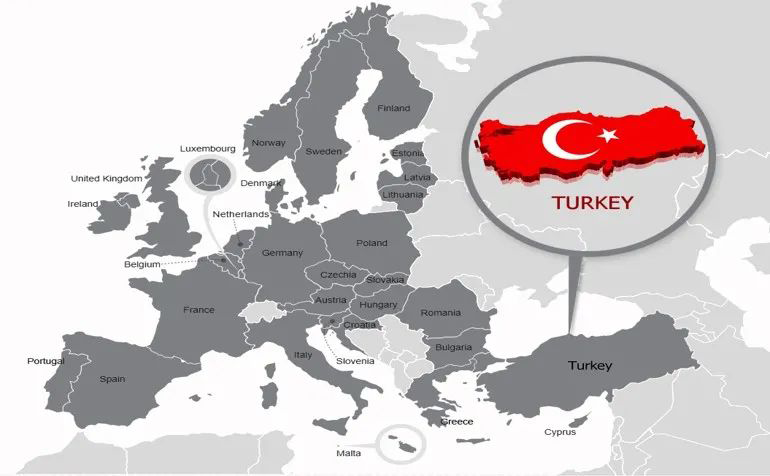
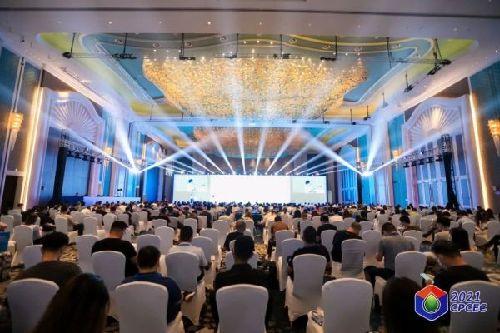

![[Regional Tensions Escalate Dramatically] Thai-Cambodian Diplomatic Relations Plunge! Reciprocal Sanctions Intensify](/upload/images/2025/7/a6a8b9d93bfbe77b.jpg)


